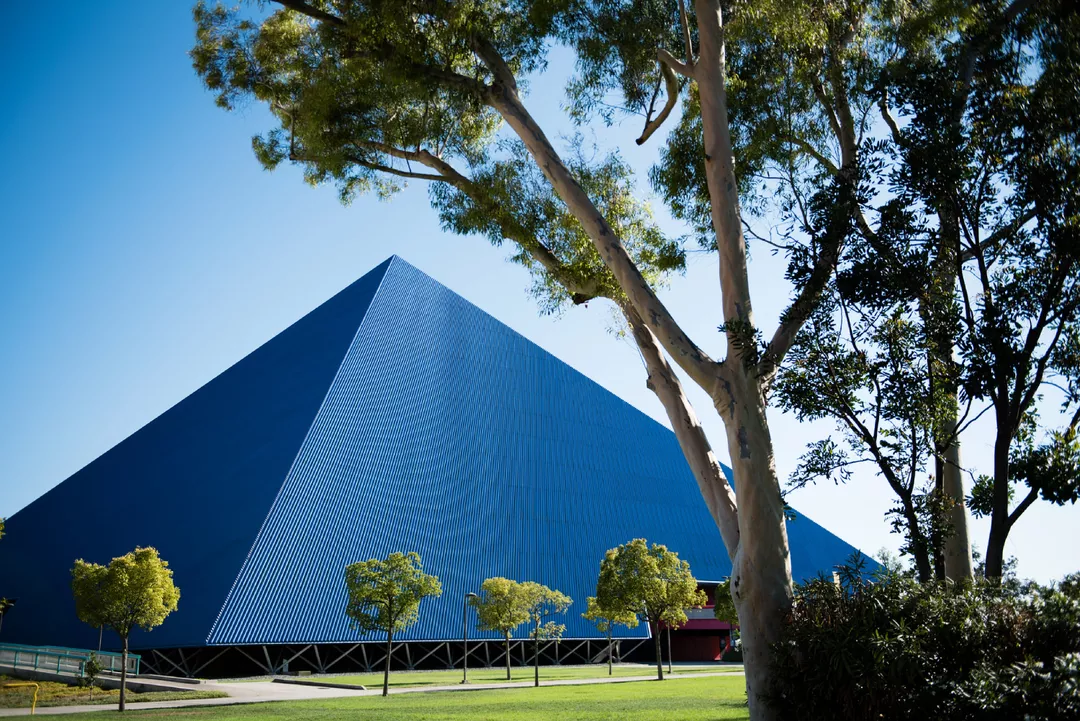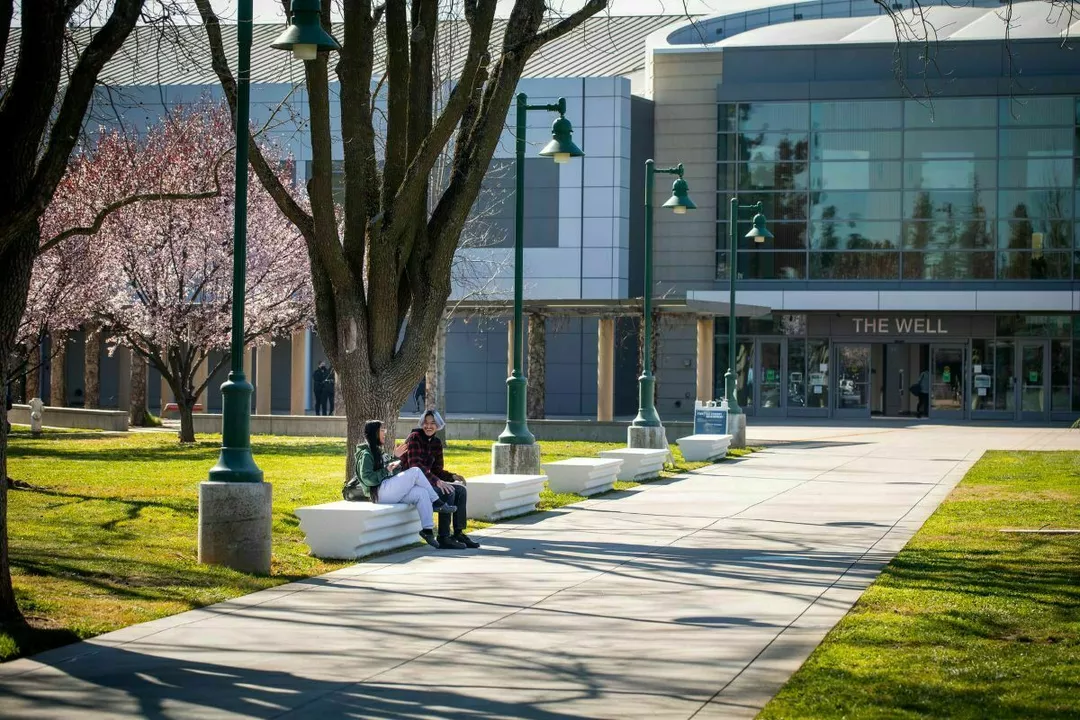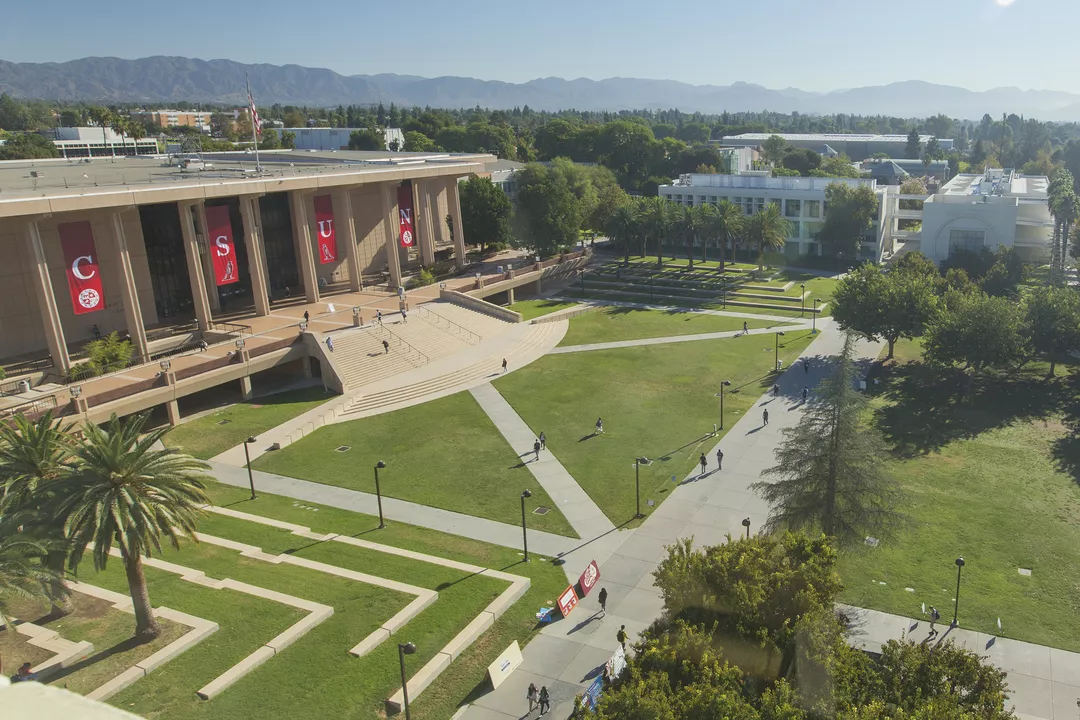-
hello@abroadcube.com
Mail us
-
Call For Help:
98779 83783
-
Whatsapp Us
70090 34921
The Anthropology master’s program emphasizes broad training in four fields of anthropology (archaeology, biological anthropology and human evolution, cultural anthropology and applied anthropology), while offering students some flexibility in degree planning and requirements. The master’s in Anthropology is particularly well-suited for students who want to enter a Ph.D. program in anthropology but may not have the preparation necessary to enroll in such a program directly; teach in the community colleges; or establish a career in a field that utilizes anthropological methods, theory and/or data. All students in the program are required to take seminars in sociocultural anthropology, archaeology, physical anthropology and anthropological theory. In addition, students take elective courses to fit with their area of specialization. They complete their degrees either by passing a series of comprehensive exams or by writing a thesis. Those who want to teach anthropology at the community college level are encouraged, but not required, to choose the comprehensive exam alternative. Students who plan to enter a Ph.D. program in Anthropology are strongly encouraged to write the thesis. Students who plan other anthropology-related careers (e.g., museum work, public folklore, etc.) will decide between the examination and thesis alternatives in consultation with the graduate advisor.
| Level | Masters |
| Discipline | Arts and Humanities |
| Duration | 24 months |
| Intakes | Jan, Sep |
| Application Fees | USD 70 |
| Tuition Fees | USD 15626 |
| Campus | Northridge |
| Language proficiency (minimum) | |
| IELTS | 6.5 |
|---|---|
| TOEFL | 79 |
| PTE | 58 |
| Duolingo | 105 |
| Exam proficiency (minimum) | |
| SAT | Not Required / Waiver |
|---|---|
| ACT | Not Required / Waiver |
| GRE | Not Required / Waiver |
| GMAT | Not Required / Waiver |
Minimum GPA - 63%
QS Quacquarelli Symonds is the world’s leading provider of services, analytics, and insight to the global higher education sector, whose mission is to enable motivated people anywhere in the world to fulfil their potential through educational achievement, international mobility, and career development.
THE (Times Higher Education) has been providing trusted performance data on universities for students and their families, academics, university leaders, governments and industry, since 2004. We create university rankings to assess university performance on the global stage and to provide a resource for readers to understand the different missions and successes of higher education institutions.
The Academic Ranking of World Universities (ARWU) was first published in June 2003 by the Center for World-Class Universities (CWCU), Graduate School of Education (formerly the Institute of Higher Education) of Shanghai Jiao Tong University, China, and updated on an annual basis
The "Webometrics Ranking of World Universities" is an initiative of the Cybermetrics Lab, a research group belonging to the Consejo Superior de Investigaciones Científicas (CSIC), the largest public research body in Spain. CSIC is among the first basic research organizations in Europe. The CSIC consisted in 2006 of 126 centers and institutes distributed throughout Spain.



